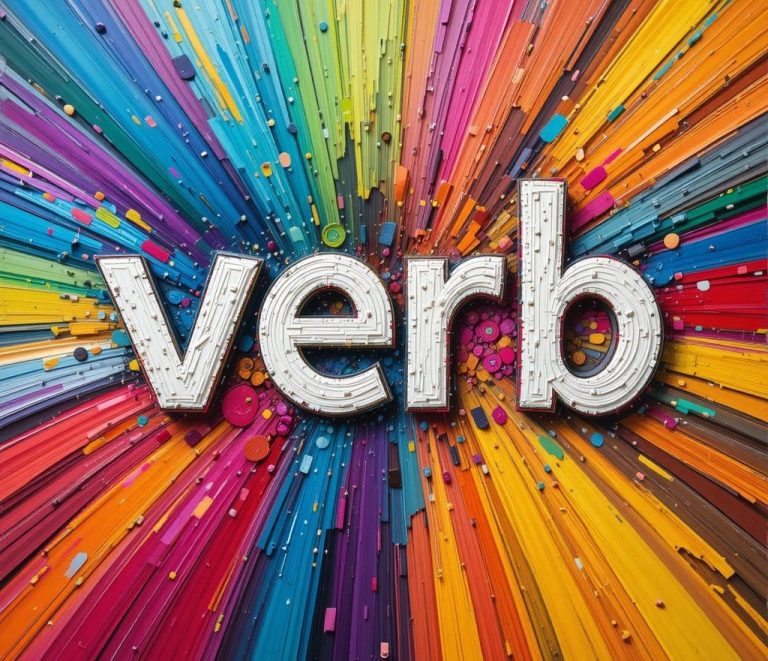The 10 Most Common Verbs (3)

Are you just beginning your English learning journey? Mastering the basics is the first step to building your confidence and communication skills.
Verbs are the backbone of every sentence - they bring your words to life and help you express actions, ideas, and feelings.
On this page, you’ll discover 10 essential English verbs, each explained with clear examples and simple sentences.
Whether you’re learning for travel, work, or daily conversation, these verbs will help you start speaking and writing in English right away.
You are very lucky, as the base verb form in the present simple tense only changes slightly in 1st person singular (he, she, it). In English we usually add an -s to the verb.
I work.
You work.
He/She/It works.
Tip: Here you can quickly learn the rules of adding -s to verbs in 1st person singular!
Exception!
The verb 'be' has more forms (am, are, is):
I am...
You are...
He/She/It is...
We are...
They are...
Here's a list of 10 very common verbs in English, along with their meanings and example sentences:
call (calls)
Meaning: To use a phone to contact someone or to shout for someone
Examples:
- I will call you tomorrow.
- Can you call my name when it's my turn?
try (tries)
Meaning: To attempt to do something
Examples:
- I will try to finish my work early.
- Try to bake a cake!
like (likes)
Meaning: To enjoy or have positive feelings about something
Examples:
- I like to read books.
- Do you like pizza?
help (helps)
Meaning: To assist or support someone
Examples:
- Can you help me carry this box?
- She helps her mother cook dinner.
play (plays)
Meaning: To engage in an activity for fun or to participate in a sport
Examples:
- The children play in the park.
- I play tennis every day.
put (puts)
Meaning: To place something in a particular place
Examples:
- Put the book on the table, please.
- Where should I put my coat?
need (needs)
Meaning: To require something important or essential
Examples:
- I need to buy some milk.
- Do you need any help with your homework?
feel (feels)
Meaning: To experience an emotion or physical sensation
Examples:
- I feel happy today.
- How do you feel about moving to a new city?
become (becomes)
Meaning: To start to be something
Examples:
- She wants to become a doctor.
- The sky becomes dark in the evening.
leave (leaves)
Meaning: To go away from a place
Examples:
- We need to leave for work at 8 AM.
- Do you really want to leave New York?
Learning these 10 essential verbs is a powerful way to jump-start your English skills. With these building blocks, you can start forming your own sentences and communicating more effectively from day one.
Keep practicing, use the examples as a guide, and don’t be afraid to make mistakes-every step brings you closer to fluency.
Remember to add an -s in 1st person singular (he/she/it or Tim/Laura/the dog/this house...etc) !
Ready to take your English to the next level? Explore more resources and keep growing your vocabulary and confidence!